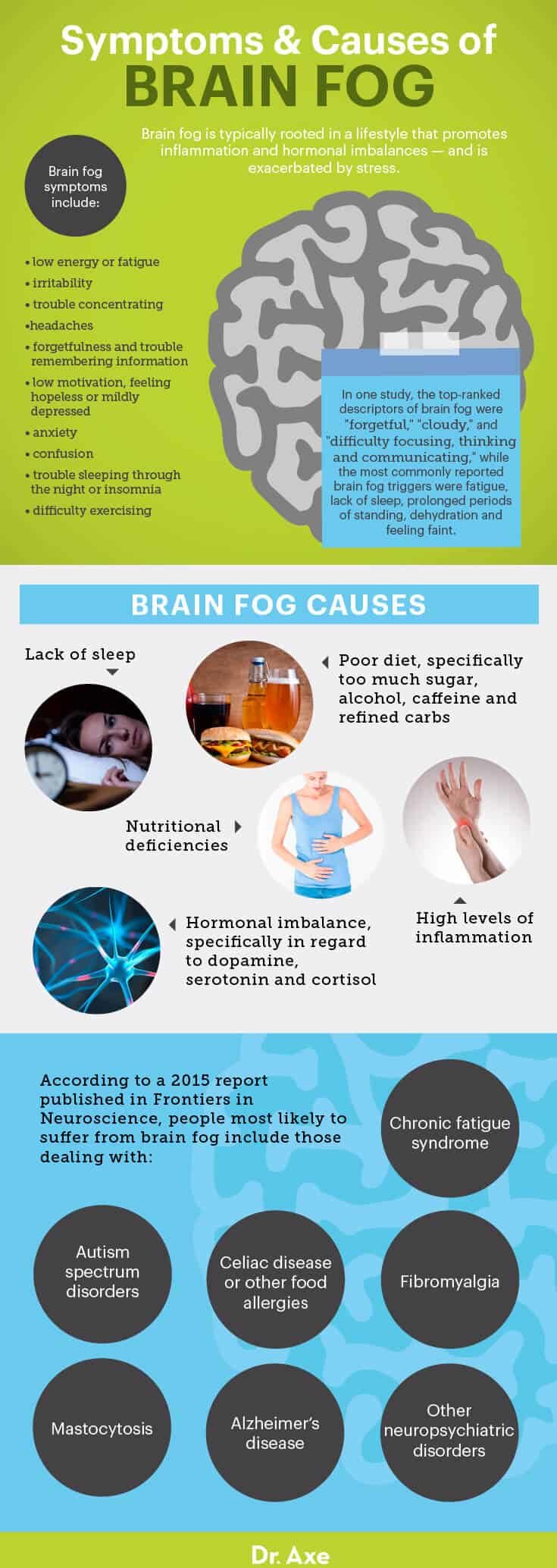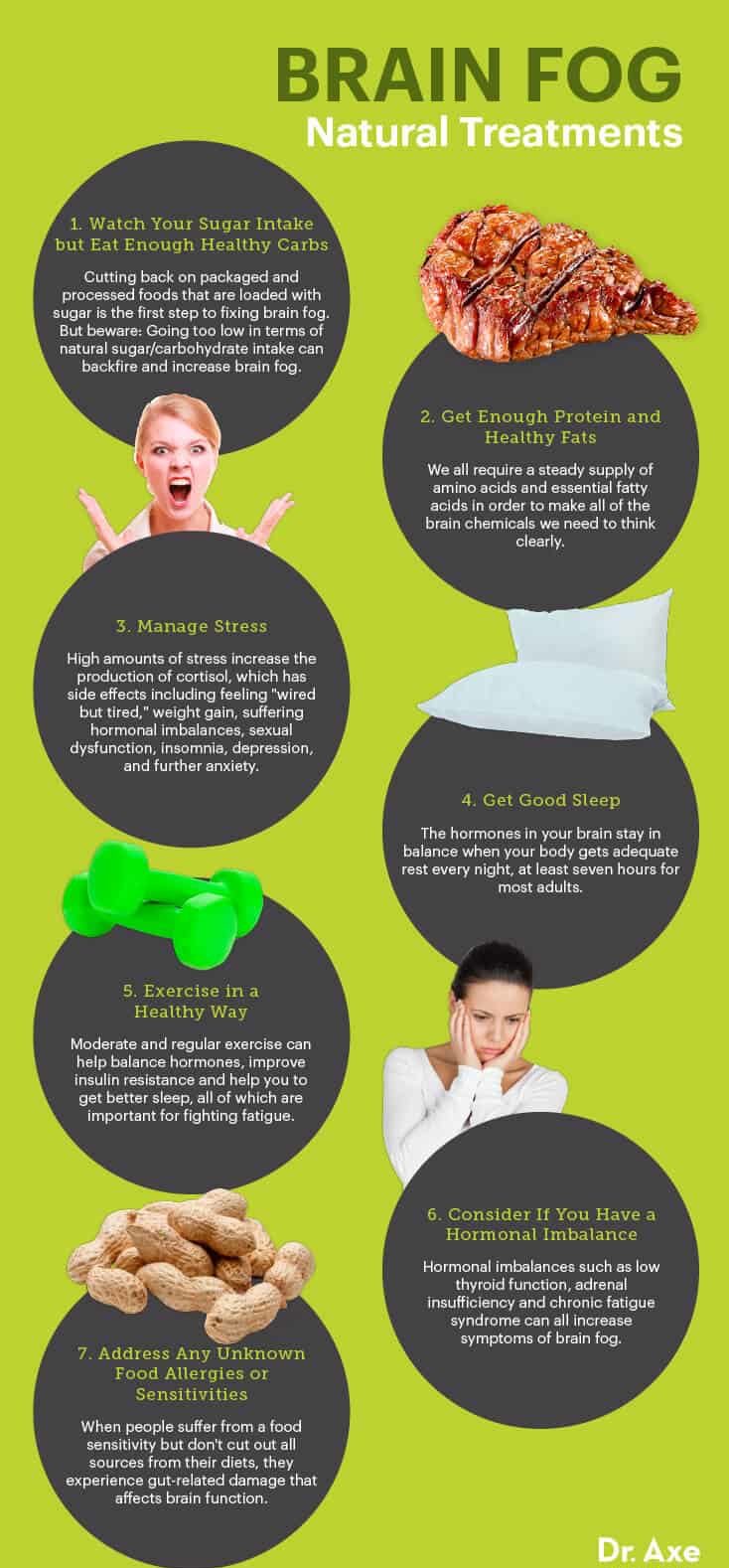This Dr. Axe content is medically reviewed or fact checked to ensure factually accurate information.
With strict editorial sourcing guidelines, we only link to academic research institutions, reputable media sites and, when research is available, medically peer-reviewed studies. Note that the numbers in parentheses (1, 2, etc.) are clickable links to these studies.
The information in our articles is NOT intended to replace a one-on-one relationship with a qualified health care professional and is not intended as medical advice.
This article is based on scientific evidence, written by experts and fact checked by our trained editorial staff. Note that the numbers in parentheses (1, 2, etc.) are clickable links to medically peer-reviewed studies.
Our team includes licensed nutritionists and dietitians, certified health education specialists, as well as certified strength and conditioning specialists, personal trainers and corrective exercise specialists. Our team aims to be not only thorough with its research, but also objective and unbiased.
The information in our articles is NOT intended to replace a one-on-one relationship with a qualified health care professional and is not intended as medical advice.
Brain Fog Causes, Symptoms + Natural Treatments
January 24, 2023

If you find yourself constantly feeling fatigued, distracted, moody and just plain “off,” you’re likely dealing with some sort of “brain fog.” Brain fog has become an unwanted side effect of our fast-paced, industrialized lifestyle.
Unfortunately today, many of the convenient-but-processed foods and factory-farmed meats we eat and the various ways we spend our time do not support brain health.
A high percentage of people suffer from nutrient deficiencies, sugar overload, a lack of sleep and high amounts of stress, all of which deplete energy levels. The brain relies on a steady stream of vitamins and minerals, amino acids, essential fatty acids, and glucose from complex carbohydrates, in addition to getting enough rest and relaxation.
Luckily, brain fog is considered a reparable condition.
Want to regain your sense of clear-headedness, focus and joy? Like nearly all things health-related, it starts with addressing the underlying issues, including your diet, stress levels, sleep and level of physical activity.
Causes
First and foremost, it’s not surprising that if you’re not getting enough sleep, you have a higher likelihood of always feeling tired and dealing with brain fog. We all need about seven to nine hours of quality sleep every night to think clearly — and children and teenagers usually need even more.
If you do consistently get good sleep but still struggle with brain fog symptoms like ongoing fatigue and low motivation, chances are this might have something to do with the quality of your diet. Deficiencies, coupled with sugar, alcohol, refined carbohydrates and caffeine overdose can majorly impact brain function. (Brain fog can also be a temporary byproduct of the keto diet, as your body transitions into ketosis, but this usually lifts after a few days.)
A 2013 study printed in the Journal of the Clinical Autonomic Research Society used the Wood Mental Fatigue Inventory test (WMFI) to gather information from 138 subjects suffering from brain fog. The top-ranked descriptors of brain fog were “forgetful,” “cloudy,” and “difficulty focusing, thinking and communicating,” while the most commonly reported brain fog triggers were fatigue, lack of sleep, prolonged periods of standing, dehydration and feeling faint.
On a cellular level, brain fog is believed to be caused by high levels inflammation and changes to three primary hormones that determine your mood, energy and focus: dopamine, serotonin and cortisol. Cortisol is often called the body’s primary “stress hormone,” since it helps keep you awake and alert, while dopamine and serotonin help keep you joyful, motivated and calm.
The brain and entire body rely on a complex symphony of hormones that work to keep one another in check, so when levels of one hormone either fall too low (for example, serotonin drops due to a very low carbohydrate intake) or climb too high (cortisol increases due to stressful events over money), the whole system can be thrown off.
Rebalancing your production of these chemicals helps put you on the right track for better brain function.
The other factor that increase brain fog symptoms and robs you of your usual personality “spark” is, unsurprisingly, inflammation, which is at the root of most diseases. One theory behind the underlying reason for brain fog symptoms is that higher levels of inflammatory molecules, including adipocytokines and histamines, stimulate microglia activation.
Related: Why You Get Tired After Eating: Causes, Concerns & How to Stop
Brain Fog Symptoms
Suffering from brain fog is basically the opposite of feeling level-headed, calm, optimistic and motivated. Brain fog can easily rob you of inspiration and happiness, while increasing the likelihood for symptoms of anxiety and depression.
Researchers from the Departments of Physiology and Medicine at New York Medical College Valhalla describe brain fog symptoms as “an interaction of physiological, cognitive, and perceptual factors.” It’s likely that brain fog is rooted in a lifestyle that promotes inflammation and hormonal imbalances — and is exacerbated by stress.
Brain fog symptoms usually include:
- low energy or fatigue (including chronic fatigue syndrome)
- irritability
- trouble concentrating
- headaches
- forgetfulness and trouble remembering information
- low motivation, feeling hopeless or mildly depressed
- anxiety
- confusion
- trouble sleeping through the night or insomnia
- difficulty exercising
Related: Brain Detox: Is It Time for a Cleanse? (Plus How to Do It)

Natural Treatments
1. Watch Your Sugar Intake but Eat Enough Healthy Carbs
Cutting back on packaged and processed foods that are loaded with sugar, in addition to many other artificial and harmful ingredients — like artificial sweeteners — is the first step to fixing brain fog. Sugar might make you feel energetic and happier at first, but ultimately a sugar addiction robs you of steady energy and focus, as shown in human and animal research.
That being said, going too low in terms of natural sugar/carbohydrate intake can backfire and increase brain fog. While refined sugar raises inflammation, quality carbs from things like fruits and veggies do the opposite.
Serotonin is the hormone that’s released when you need carbohydrates, and its main role is to keep you calm, hopeful and confident. When levels of serotonin fall too low (perhaps from a very low-carb diet), increases in feelings of vulnerability, insecurity, sadness and anxiety can set in.
What’s the best way to keep serotonin levels within their optimum range? Eat complex, unprocessed carbohydrates throughout the day in appropriate quantities. Focus on filling up on brain foods that improve focus and memory — things like sweet potatoes, yams, fruit, raw dairy and ancient grains are all good sources of serotonin-boosting carbs.
Research shows that consuming plenty of fruit and starchy/non-starchy veggies realigns hormones and also reduces inflammation. In fact, studies suggest that increasing more of them makes people generally happier!
While veggies provide less glucose, they are chock-full of antioxidants and vitamins that fight oxidative stress and brain damage. For example, flavonoid antioxidant foods show promise for managing symptoms of various anxiety disorders, neuropsychiatric and neurodegenerative diseases.
2. Get Enough Protein and Healthy Fats
We all require a steady supply of amino acids and essential fatty acids in order to make all of the brain chemicals we need to think clearly. Complete proteins are food sources like meat, dairy products, fish and eggs that supply all the essential amino acids we require, and these are the best way to keep the brain pumping out enough of the hormones that support a positive mind-set.
At the same time, we also need plenty of healthy fats to produce adequate happiness hormones and fight inflammation.
While it varies a bit from person to person, making about 20 percent to 30 percent of your food intake quality sources of protein (grass-fed beef, cage-free eggs, pasture-raised poultry and wild fish, for example) and about 30 percent to 40 percent healthy fats (including coconut and olive oil, avocado, and nuts/seeds) is the best way to ensure you cover your bases and help manage inflammation.
3. Manage Stress
High amounts of stress increase the production of cortisol, which has side effects like feeling “wired but tired,” weight gain, suffering hormonal imbalances, sexual dysfunction, insomnia, depression and further anxiety. In modern-day society, to keep cortisol in check, most people need to regularly put aside time for practicing “stress-reducing techniques,” particularly since chronic stress can kill your quality of life. These can include praying, meditating, exercising, journaling, reading and spending more time in nature.
You can also combat stress by regularly doing things that you love, which increases the brain’s production of the “happy hormone” dopamine. Dopamine is the primary chemical that makes you feel pleasure, excitement and motivation. It’s released every time you do or experience something thrilling, like trying a new, fun activity, laughing out loud, spending time with people you love or engaging in hobbies.
A lack of dopamine leaves you unfocused, bored and uninspired — not to mention it’s associated with a higher risk for addictions, learning disabilities and mental illnesses. Make it a priority to do something fun every day if you can, even if it’s only for a short period of time.
4. Get Good Sleep
One of the fastest and more reliable ways to improve brain function is to get better sleep. The hormones in your brain stay in balance when your body gets adequate rest every night, at least seven hours for most adults.
When you’re constantly “running on fumes,” your’e very likely to find it hard to pay attention at work, engage in meaningful conversations and retain information. You’re also better able to manage your hunger, food cravings and emotions when well-rested, which can benefit your weight and health in multiple ways.
Brain fog is also kicked off by a lack of sleep because this raises cortisol levels, which means you can become more irritable and, ironically, might find it even harder to get good rest through the night. High cortisol depresses dopamine levels and makes it difficult for serotonin to work like it’s supposed to, so it feeds into a vicious cycle of poor moods and behaviors.

5. Exercise in a Healthy Way
For most people, moderate and regular exercise can help balance hormones, improve insulin resistance and get better sleep, all of which are important for fighting fatigue. Exercise releases natural endorphins, boosting your stamina and lifting your mood, but at the same time, overexerting yourself without enough rest increases cortisol and depletes the body of electrolytes, nutrients and energy. That’s why it’s vital to get the appropriate amount of rest between workouts.
Symptoms of brain fog from overtraining are your body’s way of letting you know that enough’s enough — the total amount of stress is exceeding your capacity and wearing you out. The type of exercise you do should make you happier and more energetic, not the opposite!
To avoid overtraining but still get all the benefits of exercise, make sure you take at least one to two rest days weekly and avoid “forcing” yourself to do any exercise you absolutely hate, like overly long cardio sessions, for example.
6. Consider If You Have a Hormonal Imbalance
Low thyroid function, adrenal insufficiency and chronic fatigue syndrome can all increase symptoms of brain fog. These hormonal imbalances are mostly caused by the same factors as inflammation: a poor diet, possible sensitivities and allergies, stress, and not enough rest.
In order to regain your energy and solve underlying adrenal or hormonal issues, adjust your diet to balance hormones naturally, and also aim to cut back or eliminate caffeine, alcohol and excess sugar or “white carbohydrates.” In addition to avoiding inflammatory hydrogenated oils, along with processed and packaged foods, these substances further drain you and leave you overly tired.
For example, alcohol can suppress the central nervous system while too much caffeine can stress the adrenals. Instead, fill up on hormone-balancing healthy fats, proteins and plenty of fresh vegetables while giving yourself enough rest.
7. Address Any Unknown Food Allergies or Sensitivities
When people suffer from a food sensitivity but don’t cut out all sources from their diets, they experience gut-related damage that affects brain function. Despite what most people think, food-related reactions like the symptoms of lactose intolerance are more than just digestive problems.
These can cause significant changes in the gut microbiota — which is problematic because your overall health depends heavily on the health of your gut. An allergy triggers inflammatory reactions, which affect everything from nutrient absorption to hormone-synthesizing.
Nearly every cell, tissue and system in the body, especially the gut-brain connection, suffers from an unresolved sensitivity, so consider an elimination diet if you haven’t yet experimented with going gluten-free and conventional-dairy-free (meaning avoiding non-organic, pasteurized dairy).
You can also try these food allergies natural treatments to help eliminate brain fog.
8. Try Supplements
Certain supplements can help clear up brain fog and get the wheels in motion when it comes to a healthy lifestyle. That being said, there’s no substitute for a healthy diet, regular rest, exercise, and a fun and connected lifestyle.
The bottom line is that if your brain’s major hormones are off, all the supplements, self-help books and even therapy likely won’t make you feel better. So first, tackle the lifestyle changes mentioned above that apply most to you, then consider adding in certain supplements to further speed up the healing process.
- Adaptogens like holy basil, maca and more − Adaptogen herbs help lower cortisol and give your body support against dealing with fatigue and stress.
- Omega-3 fish oils — Effective at helping lower inflammation, omega-3s balance the ratio of fatty acids in your diet and support brain health.
- B vitamins — Deficiencies in various B vitamins can leave you feeling sluggish and moody. B vitamins help convert nutrients from the foods you eat into usable fuel for the body, so taking a B complex supplement can make sure you’re in the optimal range.
Also keep in mind that certain medications can lead to brain fog, including antidepressants, stimulants, sleep aids, antipsychotics and even blood pressure medications. There’s speculation that some medications increase brain inflammation and impair hormone function.
If you regularly take any prescriptions and have noticed changes in your mood and energy, talk to your doctor about what you can do to minimize brain fog symptoms.



